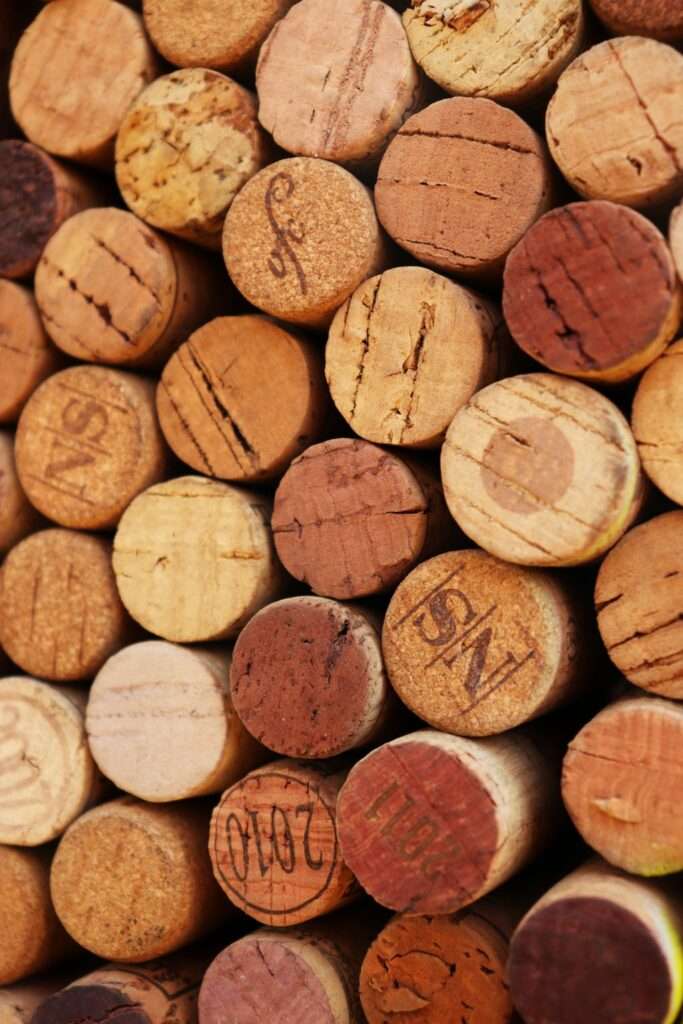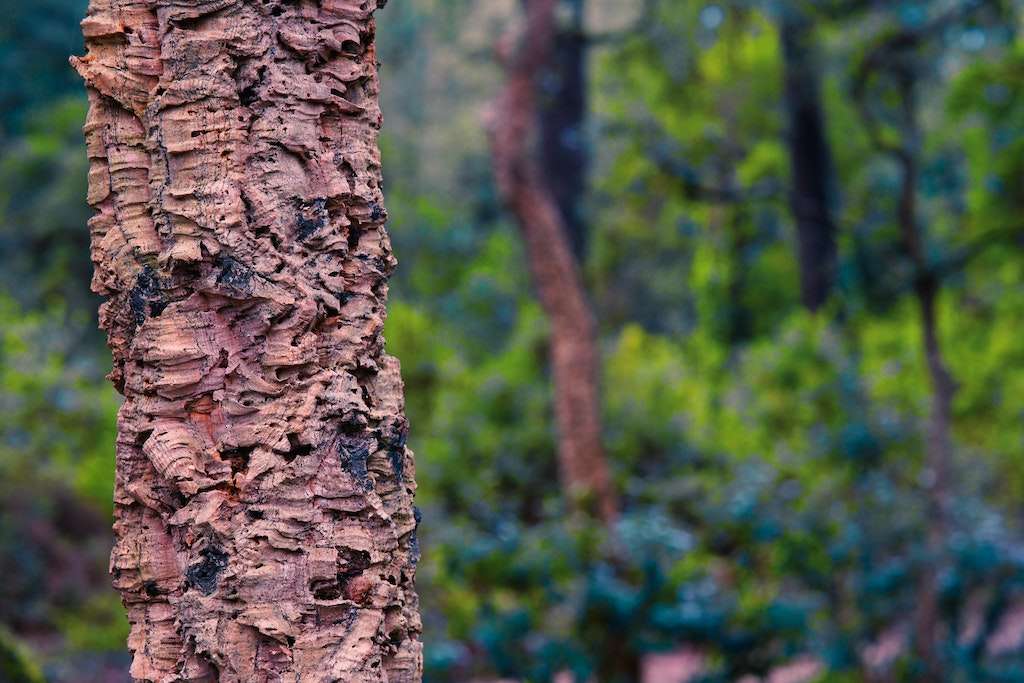ReCork, a leader in natural wine cork recycling, says it is revolutionizing the footwear industry with the launch of its ReCork Recycled Cork midsole that can replace conventional foam in footwear.
ReCork says its innovative new midsole development is composed of more than 75 percent recycled natural cork, and offers an environmentally friendly alternative to traditional petroleum-based foam. The Jasper Chukka, produced by ReCork’s founding company Sole, is the first shoe to feature this groundbreaking midsole.
Natural cork, harvested from the bark of cork oak trees without cutting them down, forms the basis of ReCork Recycled Cork. Each kilogram of cork harvested enables the tree to absorb 55 kg of CO2. When the carbon impacts of transportation and processing are considered, ReCork Recycled Cork midsoles are still carbon-negative, removing 5.775kg of CO2 from the atmosphere per pair.

Since its inception 15 years ago by Canadian footwear brand Sole, ReCork has grown its network across North America, recycling more than 132 million wine corks. Mike Baker, the Founder and CEO of Sole and ReCork, sees the creation of the new cork compound as a pivotal moment in sustainable innovation.
“Traditionally, cork in footwear is hard, does not bend or twist, and cracks under strain. Our new cork compound is unlike anything before it: highly flexible, durable, lightweight and cushioning, all while being 75 percent cork,” Baker said in a statement. “It’s taken many years of R&D to get to this point. We’re here to show what’s possible when you invest enough time and resources and you refuse to settle for the conventional modes of production that the footwear industry relies upon. We’re here to create radical change for the better.”
ReCork’s approach stands in contrast to conventional footwear production; the global footwear industry significantly contributes to greenhouse gas emissions, accounting for 700,000,000 kilograms per year, which is about 1.4 percent of the world’s total climate impact. Much of this is attributed to the use of fossil fuel-based foams in sneakers and running shoes.

Cork has seen a rise in popularity in recent years as a sustainable alternative to materials including foam, plastic, and leather. Cork is even being used in some furniture design. And experts say there is an abundance of new cork being produced every day; cork is predominantly grown on cork trees in southern Portugal.
Portugal’s sustainable cork forests have enough trees to supply cork for sealing wine bottles for more than a century. Despite rumors of a shortage, cork is not endangered. In the 1990s, some wineries switched to cheaper plastic corks and screw caps, sparking false claims about cork’s scarcity to justify their use. Contrary to these myths, though, the Portuguese government protected cork trees from overharvesting as early as 1923, not because they were endangered, but to prevent deforestation. With the wine industry favoring alternative seals, there’s now an abundance of cork, leading to innovation like ReCork’s foam.
Related on Ethos:


